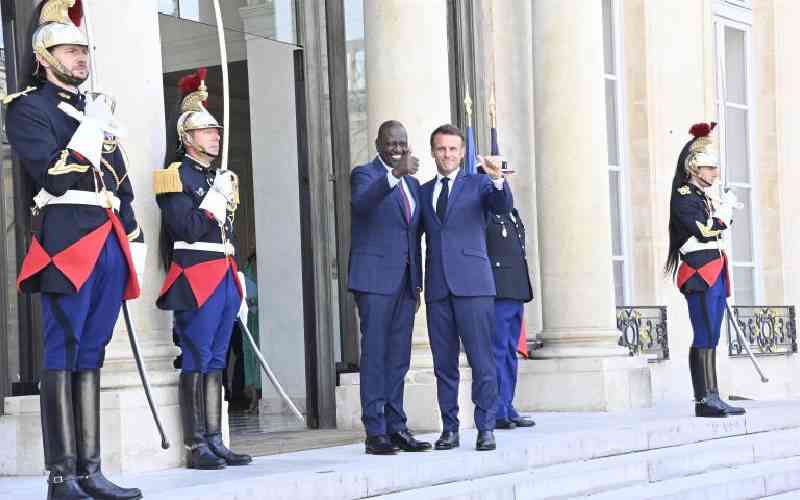
"Africa has greater renewable energy from wind, water, and geothermal, and Kenya is leading the way in green energy. At the Global Citizen Event, we call on the global financial system, one that does not pit the West against the East, North against the South, one that does not pit the emitters against the non-emitters and developing countries against the developed," he noted.
"We want a system that is fair, that is transparent, that is not too much to ask for." That was President William Ruto's five-minute speech on the street of Paris with his back to the Eiffel Tower, which received a standing ovation from the thousands of attendants. At the podium, President Ruto was in his element as he articulated the African position.